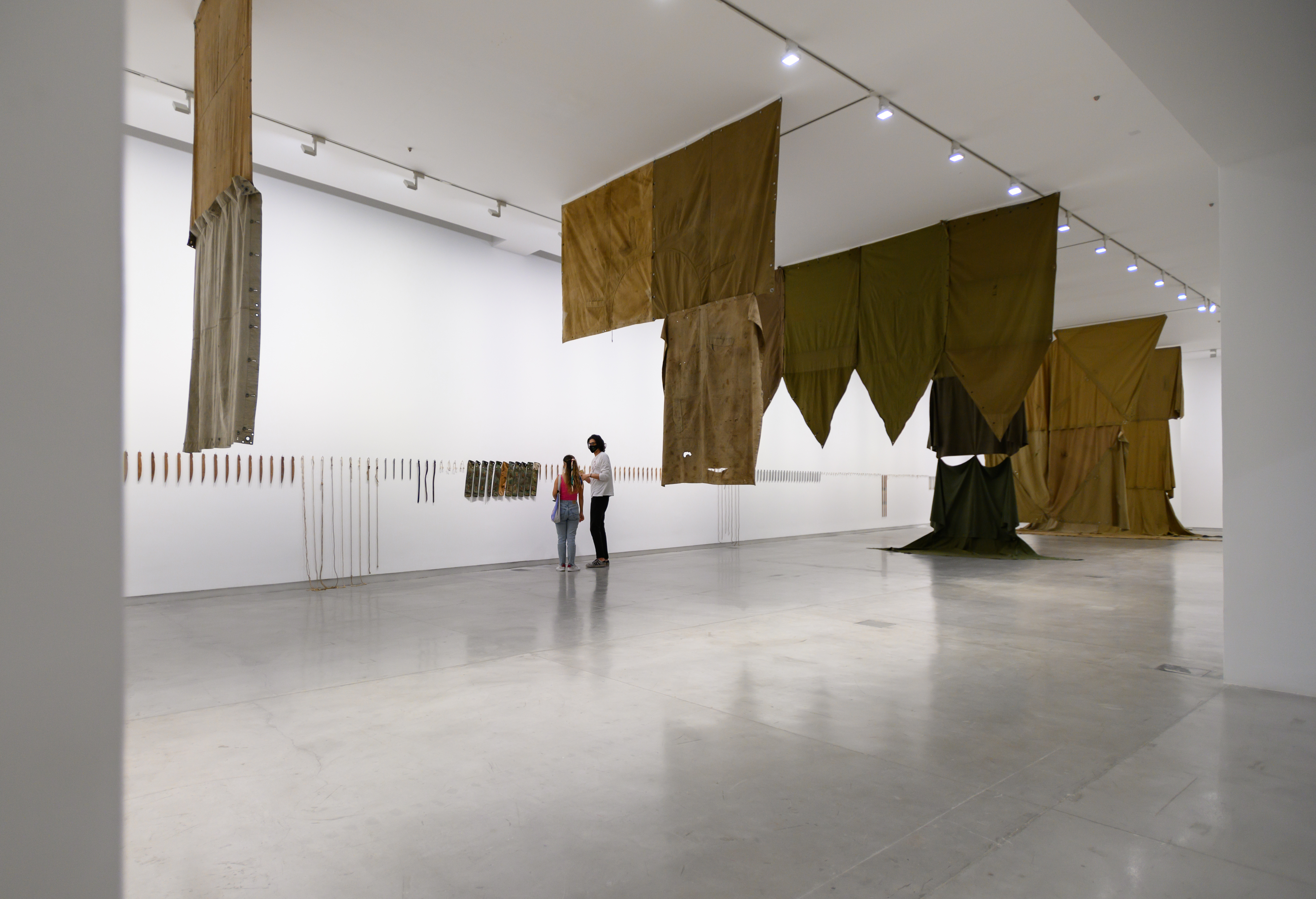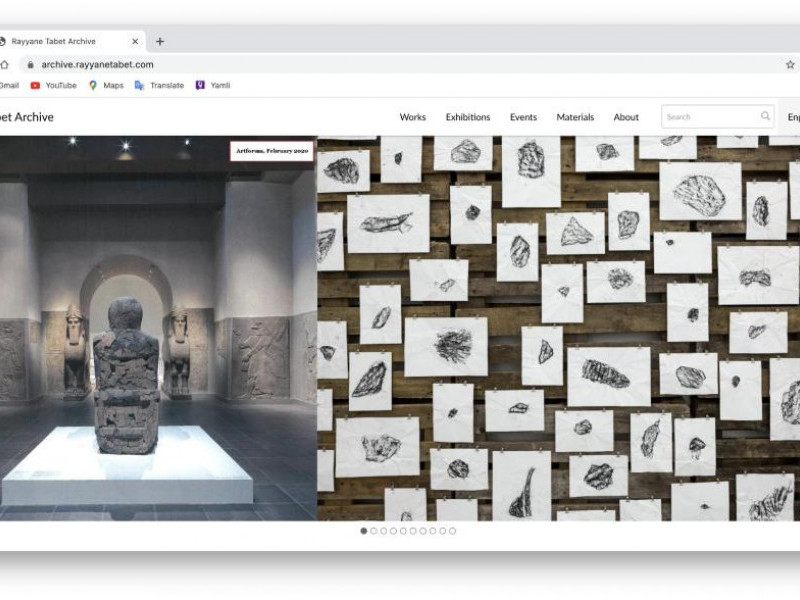As a sculptor and storyteller, Rayyane Tabet explores the interplay between material form, narrative and extant social conditions that shape and are shaped by these aesthetic expressions. FRAGMENTS (2016–ongoing), the artist’s most ambitious project to date, draws on personal insight, artefacts and historical records to explore an archaeological excavation led by Baron Max von Oppenheim at Tell Halaf in northeast Syria at the turn of the twentieth century. As an educator in Beirut, Tabet’s great-grandfather Faek Borkhoche was appointed as von Oppenheim’s translator and secretary for six months in 1929, a few years after Western powers had carved up the region. This personal connection led the artist on a journey through encounters with family heirlooms and archaeological objects, following their stories across time, generation and geography.
For Exquisite Corpse, Tabet expands on FRAGMENTS with reconceptualised presentations of works and two new commissions. While the project documents the improbable story of the Tell Halaf excavation, this exhibition also foregrounds the ways in which Tabet’s formal and conceptual engagement with historical documents and cultural heritage draw the wide-ranging fallout of an era into contemporary relief. Basalt Shards (2017) captures the rough physicality of stone artefacts shattered during the Allied bombing of Berlin in a sweeping installation of 1,000 charcoal rubbings. Exquisite Corpse (2017) features tents used in Western ground offenses that bear similarity to the Bedouin ‘bisht’, a personal garment that doubles as temporary shelter. Investigating questions of circulation and value, Ah, My Beautiful Venus (2017) juxtaposes fragile foil pressings taken from the face and hands of von Oppenheim’s 6.5-tonne, basalt figure with a rectangular composition of the same weight and stone material quarried in southeast Syria in 2016.
Two new works embrace fragmentation as a condition of possibility: Digital Surrogates (2021) is a publicly-accessible web archive of historical records, research materials and project documentation in a range of formats that enables a relational, rather than scripted, exploration of history. Structured around a running display of all 230 pages of field notes taken by Tabet’s great-grandfather during the six-month expedition, Portrait of Faek Borkhoche charts entanglements between archaeology, ethnographic study and colonialism in a playful adaptation of exhibition design common to the encyclopedic museum.
The exhibition is accompanied by a booklet with commissioned essays by scholars Omar Dewachi, Uzma Rizvi and Andrea Wallace. Working in the fields of political science and anthropology as well as copyright and intellectual property, these writers significantly contribute to the contextualisation of this exhibition through their attention to the social wound, the colonial intellectual and the surrogate, respectively. These resonant concepts—much like Tabet’s FRAGMENTS—wander and weave through a complex tapestry of sited history and subject formation as they attend to important social shapes and intersubjective spaces of expression and remembrance.
This exhibition is curated by Ryan Inouye, Senior Curator, Sharjah Art Foundation.


